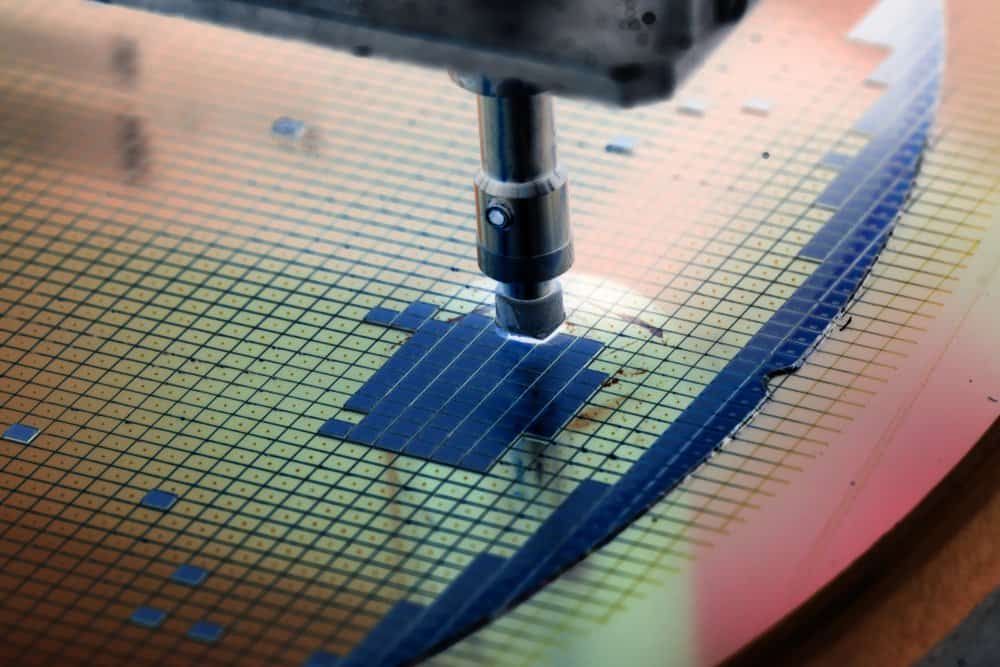
"Climate change could disrupt semiconductor production, partly because copper is becoming increasingly vulnerable to extreme weather conditions and drought, necessitating action to prevent significant supply disruptions."
"If greenhouse gas emissions are not reduced, the share of global semiconductor production depending on disrupted copper supply is projected to rise from 32% in 2035 to 58% by 2050."
"Copper mines require a stable water supply to operate effectively, and increasing drought due to climate change is significantly threatening this supply, thus endangering semiconductor production."
"Glenn Burm notes that semiconductors are indispensable for modern technologies and essential for economic stability, urging companies to enhance resilience against climate-related disruptions."
A PwC report reveals that 32% of the global semiconductor production, projected to reach $1 trillion by 2030, faces climate change risks. Extreme weather threatens copper supply, an essential material for semiconductor manufacturing. Without emissions reductions, reliance on vulnerable copper will escalate to 58% by 2050. Drought conditions endanger stable water supplies required for copper mines, posing significant threats. Companies are responding by improving water management and seeking alternative suppliers but need to enhance their resilience further to combat impending climate disruptions.
Read at Techzine Global
Unable to calculate read time
Collection
[
|
...
]